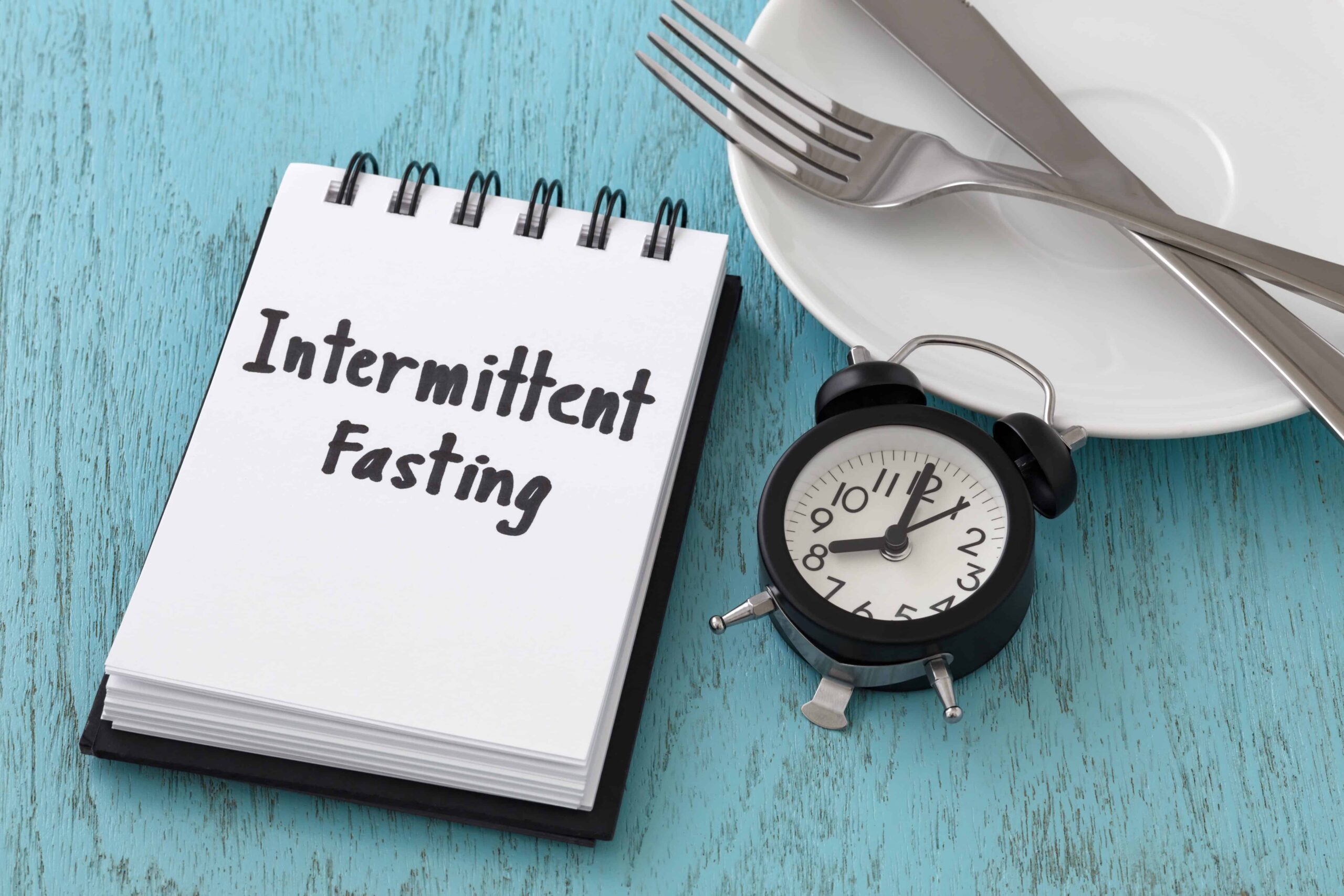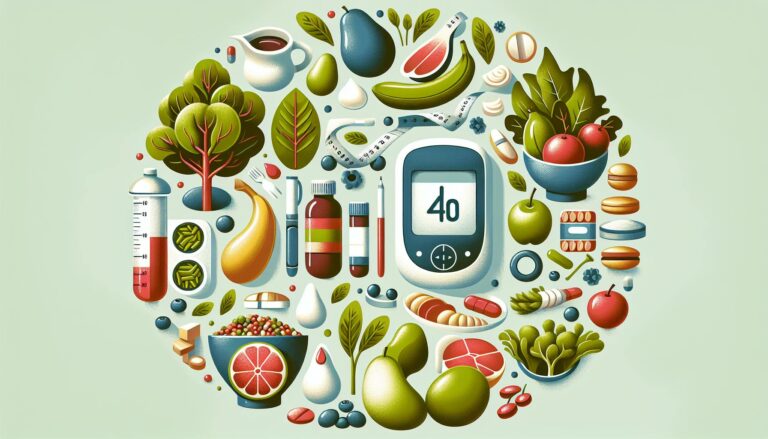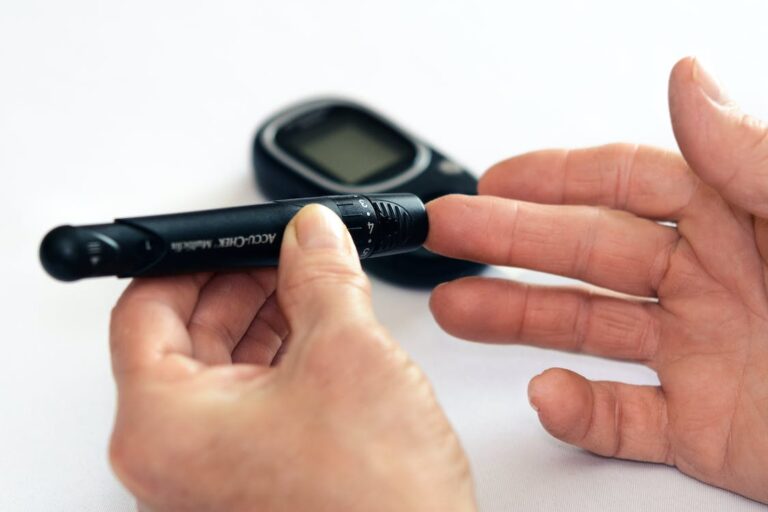Intermittent Fasting Benefits: Diabetes Prevention
So, you’ve thought about intermittent fasting (I.F.) but aren’t completely sold on the benefits for your diabetes. Great news, intermittent fasting has proven time and time again to help those with type 2 diabetes manage their symptoms to the point where it virtually disappears. For those who are borderline diabetic, fasting has the potential to reverse insulin resistance while allowing you to take back control of your life. In this article we’ll present to you some facts and 5 powerful benefits intermittent fasting can have on your life. You can also check out this comprehensive if calculator to help achieve your goals.
What is intermittent fasting?
To be brief, the numbers to remember are 16/8. You have a 16-hour window where you don’t consume any calories. No food, just water and zero-calorie liquids. However, next you have an 8-hour window where you eat your balanced meal plan. It’s that simple. If you don’t normally eat breakfast, you’re probably pretty close to doing it already.
For example – if you normally eat lunch at noon. Your eating window is 12 PM to 8 PM. With nothing in between.
Intermittent fasting benefits
The benefits of intermittent fasting have been known for years in the medical community. It started picking up steam back in 2012 when the TV documentary “Eat, Fast, and Live Longer” was released on the BBC. Now, there are hundreds of videos on YouTube on the subject.
So, why all the fuss?
Fun Fact – Fasting has been used throughout history by dozens of cultures and religions. Fasting is known for its cleansing and healing properties!
-
Reduce Insulin Resistance
Insulin resistance is the main part of type 2 diabetes. The cells can’t use the insulin produced by the pancreas, therefore, the body won’t produce enough. Now, many doctors prescribe insulin shots, but this is just treating the symptoms, not the underlying issues. Ironically insulin shots also contribute a lot to weight gain. It’s a dual-edged sword. Put insulin in, gain weight or risk the deadly effects of diabetes. There’s a better more natural way through intermittent fasting. It can reverse insulin resistance according to some research. Opening up the cells to absorb the glucose.
-
Stabilizes Blood Sugar
As a cascading effect, lowering insulin resistance also affects the blood sugar. With less insulin responses it stabilizes your system more effectively. One study conducted by the American Journal of Physiology found that in mice a fasting regimen improved glucose control even when no weight loss occurred.
-
Aid in Weight Loss
Weight is a major factor in those who suffer from diabetes. However, most interestingly, intermittent fasting has benefits for weight loss as well. You see, as you’re in a fasted state, your blood sugar decreases, it stabilizes itself, while your pancreas won’t produce very much insulin. Insulin is the trigger that tells your body “Hey, it’s time to store this energy!” So, your body stores it as visceral fat. One watches the pound pack on and it’s out of your control. Intermittent fasting reduces the instances of insulin production, slowing down fat storage to a more regulated amount.
-
Reduce Inflammation
Diabetes can cause all kinds of inflammation. Doctors have found in type 2 diabetics the body has increased levels of cytokines, an inflammatory chemical. According to WebMD, insulin resistance causes even more inflammation causing higher blood sugar, the body gets caught in an endless cycle. If your overweight these effects are amplified. Fasting has been proven to reduce the level of inflammatory markers in participants bodies. Incredibly, even improving heart health and arthritis.
-
Other intermittent fasting benefits…
It might seem counter-intuitive but I.F. can also increase your concentration and energy levels. When we eat during the day, we tend to eat a lot of sugary foods. As the body processes all of the sugar and carbs (complex sugars) as a result, there’s the inevitable crash. As you fast, the body uses the glucose in your body, once that is depleted, your liver starts to produce ketones as an alternate source of fuel. Ketones are taken from your body’s fat stores and turned into energy, and your brain loves it. As a “cleaner” fuel than sugar your brain processes the ketones more efficiently leaving you in a higher cognitive state.
To Wrap it Up…
Intermittent fasting is one of the most effective, all-natural ways you can use to manage your diabetes and even reverse some of the damage it causes. For those who are pre-diabetic, it’s possibly the most effective thing you can do right now, while saving yourself a lot of trouble. Take back your freedom, ask your doctor today if intermittent fasting is right for you. Therefore, you might be able to avoid being shackled to shots and medication forever and change the course of your life. Remember 16/8; an 8-hour eating window along with a balanced, low sugar diet. This simple little tweak is a game-changer. Thank you.
References








Balanced meals are generally considered these days to be
1/2 your plate is vegetables (potatoes and corn count as grains not vegetables)
1/4 of your plate is grains (preferably whole grains like brown rice, quinoa, wheat or whole grain bread) and
1/4 protein.
Meal guidance for diabetics is generally 15-30g of carbs per meal (fruits sugars count towards carbs) and I can’t remember if there’s guidance on a specific protein amount although, like whole grains, the choice of protein matters with fish, poultry, beans, and nuts being more optimal choices and limiting consumption of red meat and cheese, bacon, processed meats.
Additionally,limiting fats and sugars but when using fats, choosing healthy ones like unrefined olive, coconut, or avocado oils. Avoid trans fats, saturated fats (butter, shortening).
Fruits are a better choice for sugar intake than refined sugars as they provide fiber to buffer the glucose response.
Please explain a “Balanced Meal Plan” as I have been a insulin dependant type 2 diabetic for 14 years, I am overweight, and I wish to try Intermittent Fasting.
I would appreciate any help you can, thanks
Vic Garra